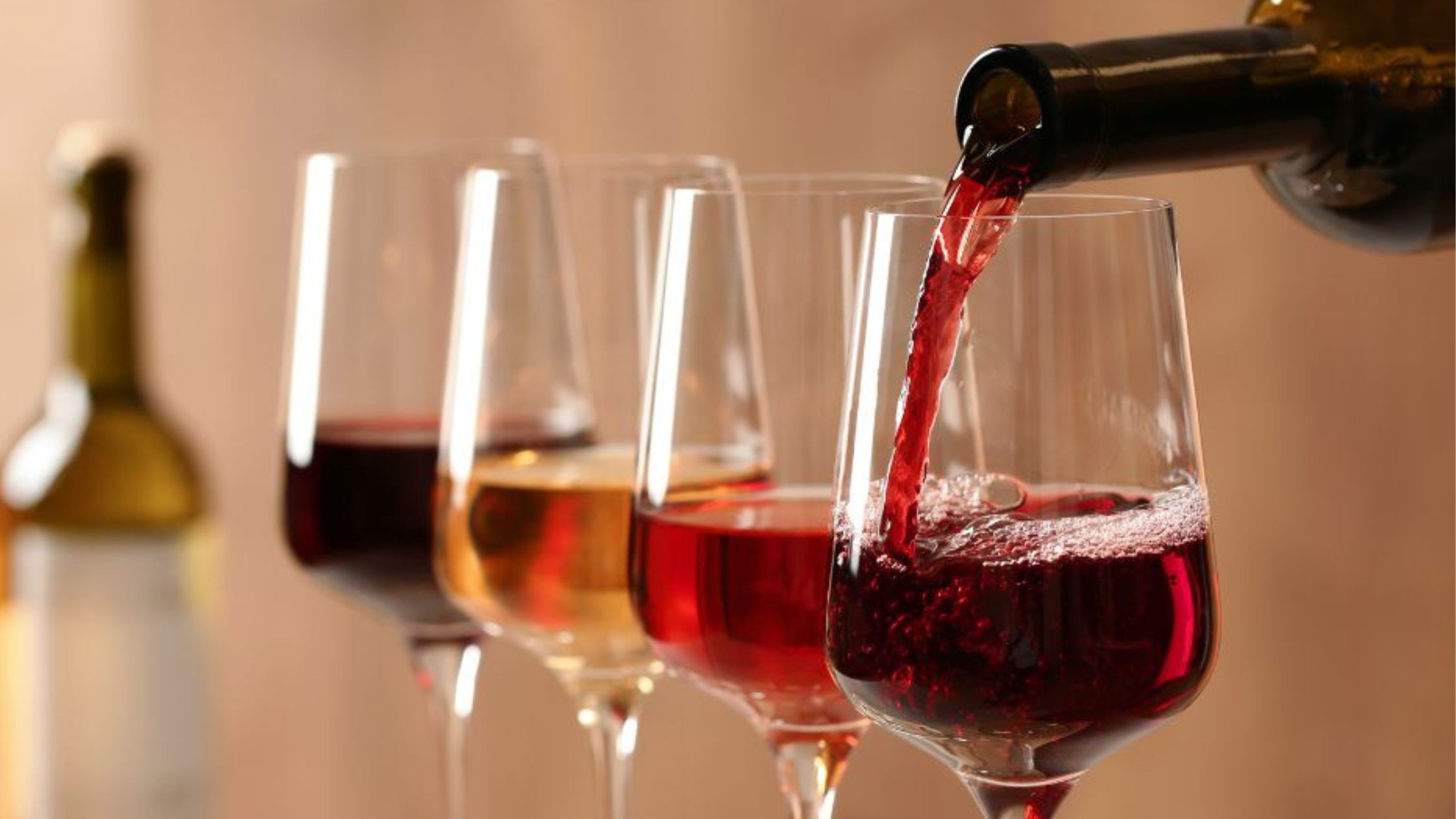Top 5 Best White Wines Under ₹1200 in India: 2026 Guide
2026-02-05

Wine is typically viewed as a timeless beverage. Whether it’s a stunning glass of Cabernet or a sparkling Prosecco, a beautiful wine won’t last forever once you pop the cork. Oxygen, temperature, and storage all affect how long your wine remains drinkable after opening it.
If you've had questions like, “How long is wine good for after opening in the fridge?” or “Can I drink opened wine after a month?”this guide tells you everything you want to know. Whether you drink wine casually or have budding wine tastes, learning how to preserve your opened wine can save your wallets and our taste buds.
Different types of wine last for different lengths of time once opened. The differences mainly come down to tannins, sugar, acidity, and alcohol levels. Here’s a quick reference:
|
Type of Wine |
How Long It Lasts After Opening (Properly Stored) |
|
Red Wine |
3–6 days |
|
White Wine |
2–5 days |
|
Rosé |
2–3 days |
|
Sparkling Wine |
Up to 3 days (loses fizz in hours) |
|
Fortified Wines |
1–3 weeks |
Now, let’s unpack this in detail.
Red wines usually remain fresh for 3-6 days after being opened, as long as they have been properly sealed and stored. But not all reds are the same:
Yes, while many people might disagree, refrigeration also benefits red wine. Storing the red wine in the fridge hinders oxidation and keeps flavors whole. When you're ready to drink, simply take the bottle out and allow it to warm to room temperature.
Pro tip: If your red wine has a screw cap, make sure the bottle is sealed tightly and stored upright in the fridge. It will last for 4–6 days.
White wines aren’t as durable as reds. In terms of storage, you may expect anywhere from 2–5 days of freshness once opened:
Refrigerate! Although one might take for granted that whites are inherently more refreshing, keep them out of the warmth of the counter, as that will advance spoilage.
Rosé behaves like white and will be drinkable for about 2-3 days (refrigerated) after opening, before it starts to lose its fresh fruity appeal - and instead, deliver a flat, dull experience.
If you want to prolong rosé's life a little longer, try putting it back in the bottle with a vacuum wine stopper and refrigerating it.
This is the point where wine drinkers can become disappointed. Sparkling wines - Champagne, Prosecco, and Cava - lose bubbles because the bubbles evaporate fairly quickly after popping the cork.
Forget about drinking sparkling wine after a week. By then it has likely gone flat and tastes more like stale white wine.
Ports, Sherries, Madeiras, and Vermouth are fortified wines that provide decades of life. The alcohol content provides additional resistance to oxidation.
For best results and to reduce oxidation, store fortified wines in a cool, dark location or in the fridge.
The honest answer: probably not. By the time a month has passed, most opened wines will be flat, oxidized, and taste unpleasant, even if refrigerated.
Exceptions:
If your wine smells like vinegar, wet cardboard, or nail polish remover, it’s past saving.
It basically all comes down to oxidation. The moment you pull the cork, oxygen is in contact with the wine. In small amounts, oxygen can actually be a good thing, as it can help a wine "open up." But allowing too much oxygen causes the wine to have the following characteristics:
Additionally, the bacteria Acetobacter can convert the alcohol into acetic acid, which we know as vinegar. This is the same reason that wine can spoil in a matter of days.
Not sure whether that half-finished bottle is safe? Here’s what to check:
If it doesn’t pass the sniff-and-sip test, don’t pour it in your glass. But you can use it for cooking—sauces, marinades, or stews handle oxidized wine just fine.
If you love wine but hate waste, here are proven ways to extend an opened bottle’s life:
Unopened bottles last much longer than opened ones—sometimes years. But shelf life varies:
Always check for proper storage: cool, dark, and consistent temperature.
Wine isn't immortal (even with a cork in the bottle), but wine doesn't have to go quickly into a glass: a little understanding of how various styles of wine react with air (oxygen) and a little expense for preservation (refrigerators, simple vacuum pumps, and argon systems) will make big differences in both the abhorrence of wine waste and taste of wines without being rushed.
So next time you're thinking "how long does red wine last after opening in the fridge?" or "do you refrigerate red wine after opening?" you'll know exactly what to do.
Treat wine like fresh food; respect it, store it properly, and give it the best chance to taste better and to not have wasted bottles.
Read Also: Top-Selling Vodka in the World: Global Brands Ranked 2025